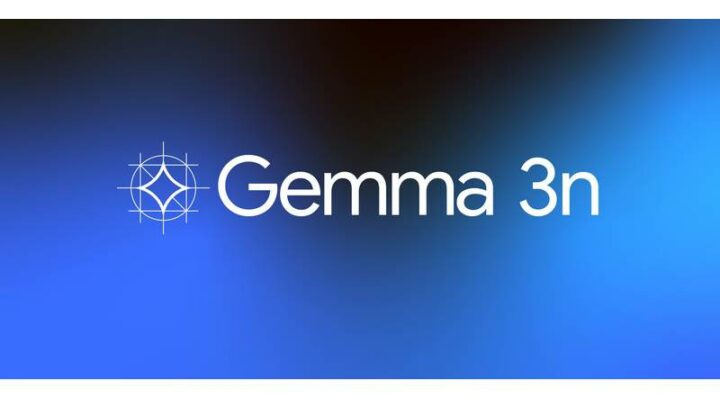
At Google I/O 2025, Google officially launched Gemma 3n, a new lightweight AI model capable of running directly on phones, tablets, and laptops — no internet or cloud computing required.
Designed for performance on devices with less than 2GB of RAM, Gemma 3n supports multimodal capabilities, including text, audio, images, and video.
“Gemma 3n shares the same architecture as Gemini Nano and is engineered for incredible performance,” said Gus Martins, Product Manager at Google, during the keynote.
On-device AI models are gaining popularity for their ability to:
- Reduce costs by avoiding cloud usage
- Preserve privacy by keeping data local
- Work offline, making them ideal for low-bandwidth or secure environments
Other AI Tools Announced: MedGemma and SignGemma
Alongside Gemma 3n, Google introduced MedGemma, a health-focused AI model designed to analyze medical text and images. It’s available via Google’s Health AI Developer Foundations program.
“MedGemma works great across a range of image and text applications,” Martins said, “so developers can adapt the models for their own health apps.”
Google also previewed SignGemma, a new open model for translating sign language into spoken-language text. While it currently performs best with American Sign Language and English, it’s designed to support accessibility-focused app development.
“It’s the most capable sign language understanding model ever,” said Martins.
Despite their popularity, Gemma models have drawn criticism for non-standard licensing terms, which some developers say make commercial use risky. However, Gemma models have been downloaded tens of millions of times, showing high demand despite the concerns.



